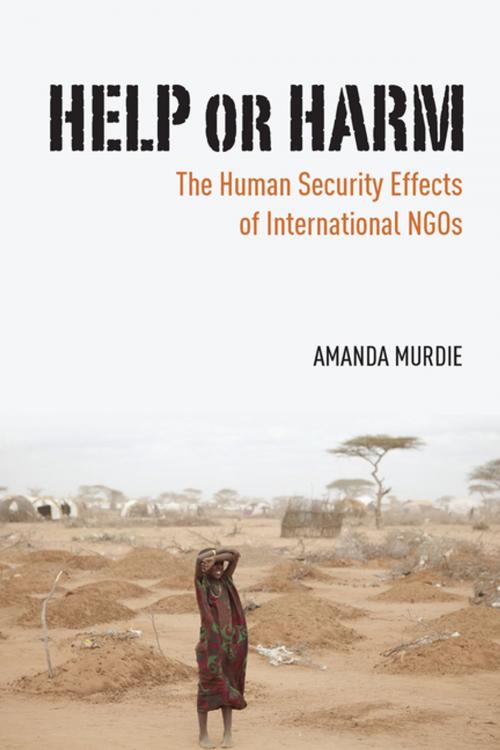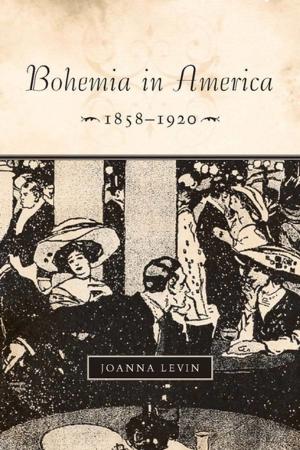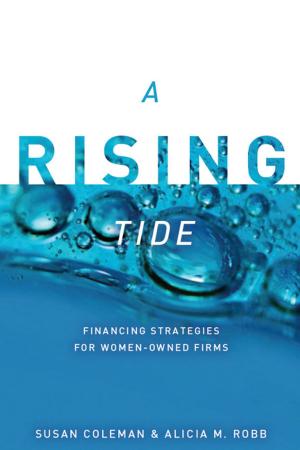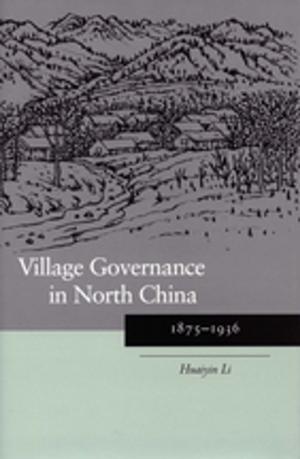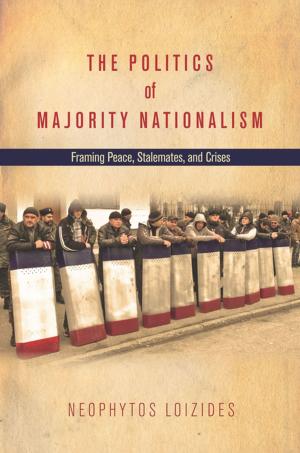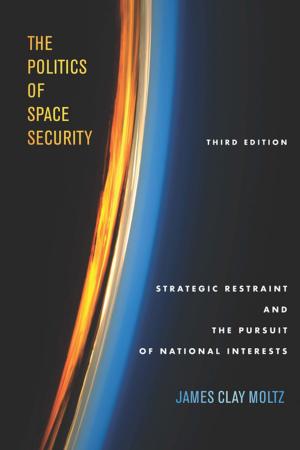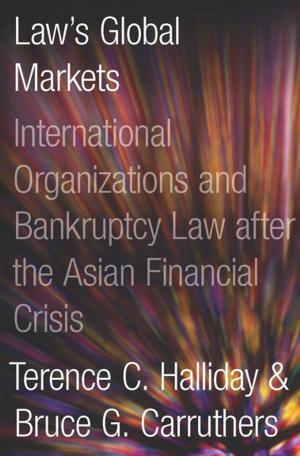Help or Harm
The Human Security Effects of International NGOs
Nonfiction, Social & Cultural Studies, Political Science| Author: | Amanda Murdie | ISBN: | 9780804792479 |
| Publisher: | Stanford University Press | Publication: | September 17, 2014 |
| Imprint: | Stanford University Press | Language: | English |
| Author: | Amanda Murdie |
| ISBN: | 9780804792479 |
| Publisher: | Stanford University Press |
| Publication: | September 17, 2014 |
| Imprint: | Stanford University Press |
| Language: | English |
When do international non-governmental organizations like Oxfam or Human Rights Watch actually work? Help or Harm: The Human Security Effects of International NGOs answers this question by offering the first comprehensive framework for understanding the effects of the international non-governmental organizations working in the area of human security. Unlike much of the previous literature on INGOs within international relations, its theoretical focus includes both advocacy INGOs—such as Amnesty International or Greenpeace, whose predominant mission is getting a targeted actor to adopt a policy or behavior in line with the position of the INGO—and service INGOs—such as CARE or Oxfam, which focus mainly on goods provision. The book rigorously and logically assesses how INGOs with heterogeneous underlying motivations interact with those other actors that are critical for advocacy and service provision. This theoretical framework is tested quantitatively on a sample of over 100 countries that have exhibited imperfect human security situations since the end of the Cold War. These case-study vignettes serve as "reality checks" to the game-theoretic logic and empirical findings of the book. Amanda Murdie finds that INGOs can have powerful effects on human rights and development outcomes—although the effect of these organizations is not monolithic: differences in organizational characteristics (which reflect underlying motivations, issue-focus, and state peculiarities) condition when and where this vibrant and growing force of INGOs will be effective contributors to human security outcomes.
When do international non-governmental organizations like Oxfam or Human Rights Watch actually work? Help or Harm: The Human Security Effects of International NGOs answers this question by offering the first comprehensive framework for understanding the effects of the international non-governmental organizations working in the area of human security. Unlike much of the previous literature on INGOs within international relations, its theoretical focus includes both advocacy INGOs—such as Amnesty International or Greenpeace, whose predominant mission is getting a targeted actor to adopt a policy or behavior in line with the position of the INGO—and service INGOs—such as CARE or Oxfam, which focus mainly on goods provision. The book rigorously and logically assesses how INGOs with heterogeneous underlying motivations interact with those other actors that are critical for advocacy and service provision. This theoretical framework is tested quantitatively on a sample of over 100 countries that have exhibited imperfect human security situations since the end of the Cold War. These case-study vignettes serve as "reality checks" to the game-theoretic logic and empirical findings of the book. Amanda Murdie finds that INGOs can have powerful effects on human rights and development outcomes—although the effect of these organizations is not monolithic: differences in organizational characteristics (which reflect underlying motivations, issue-focus, and state peculiarities) condition when and where this vibrant and growing force of INGOs will be effective contributors to human security outcomes.
